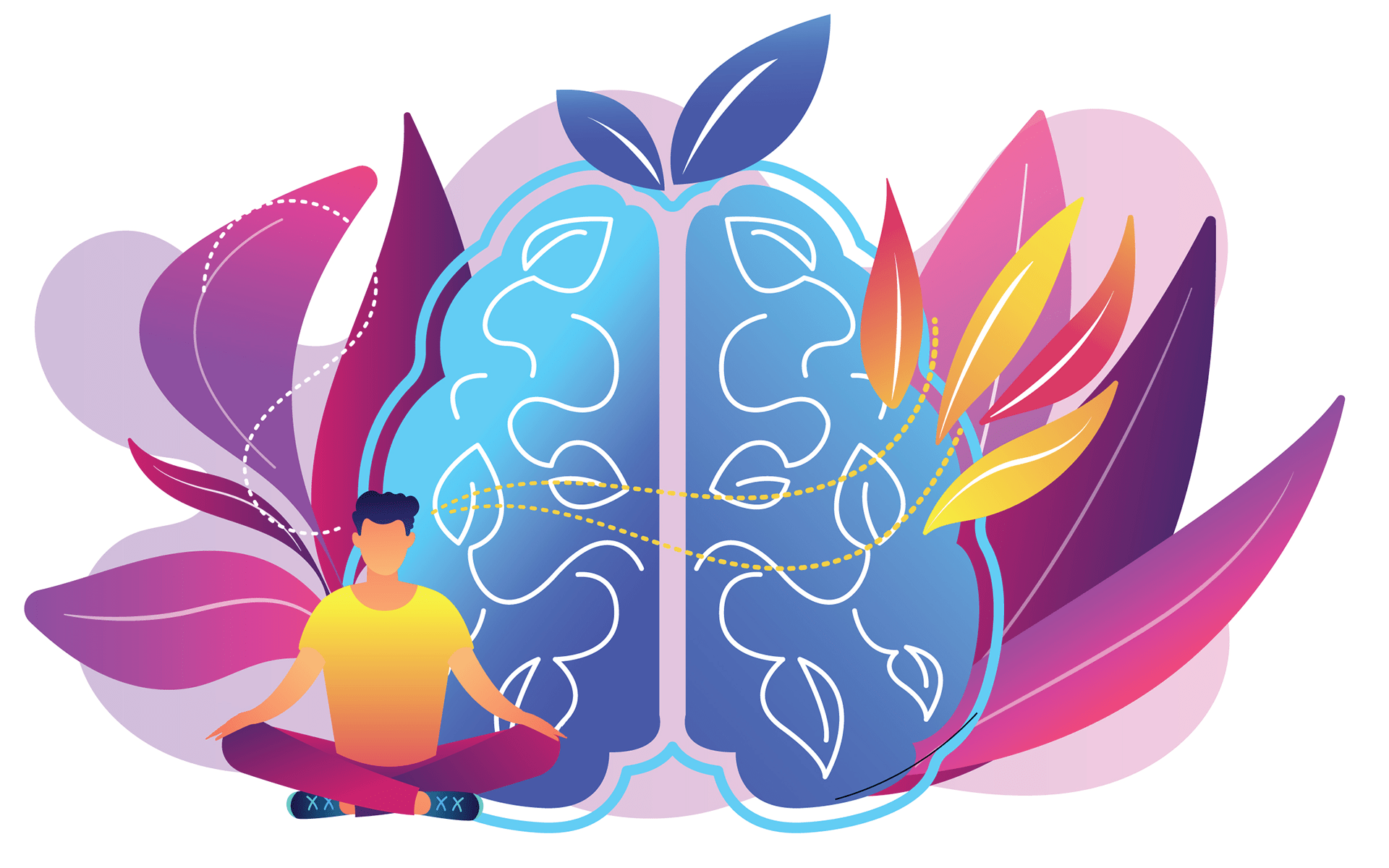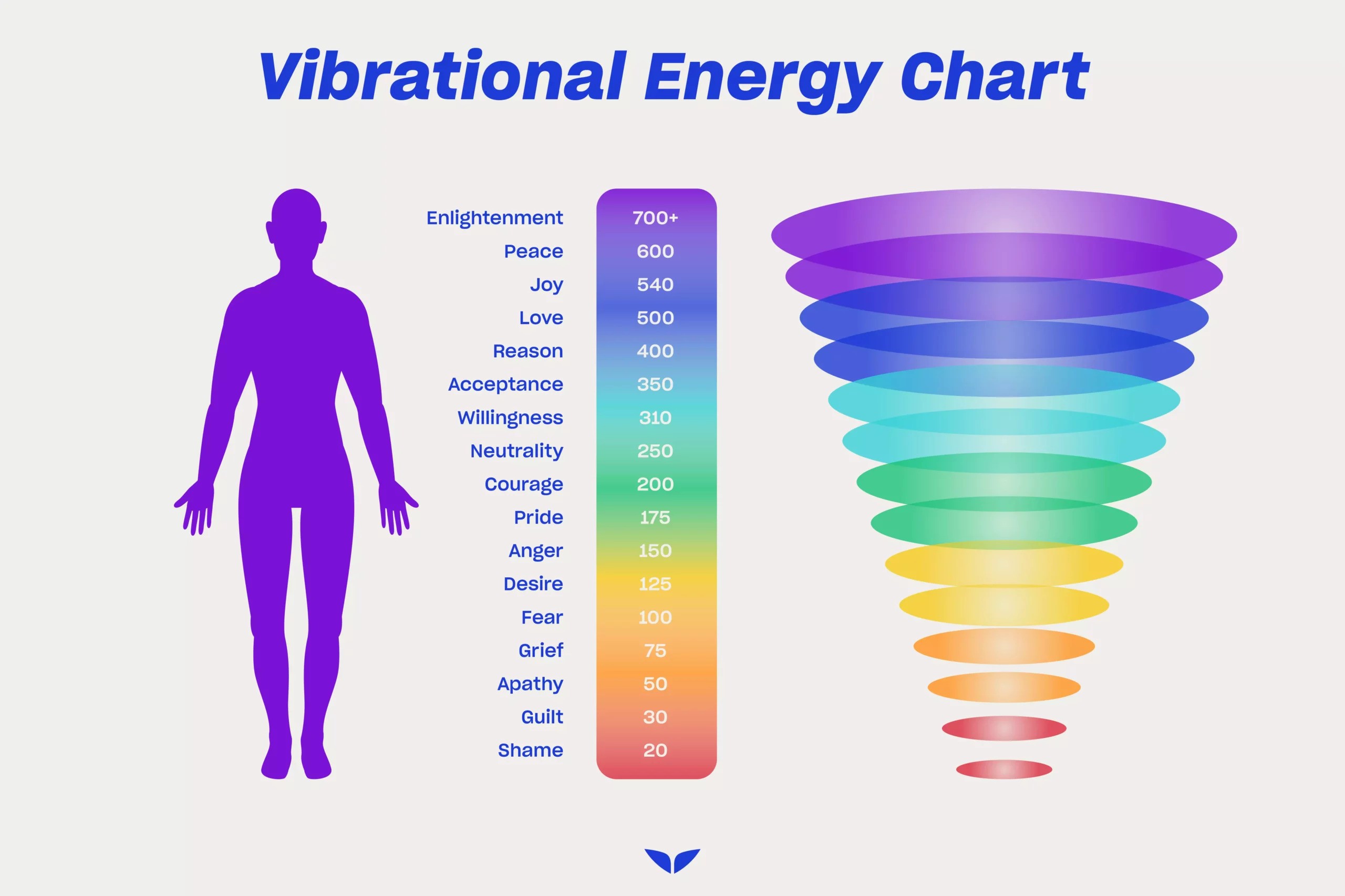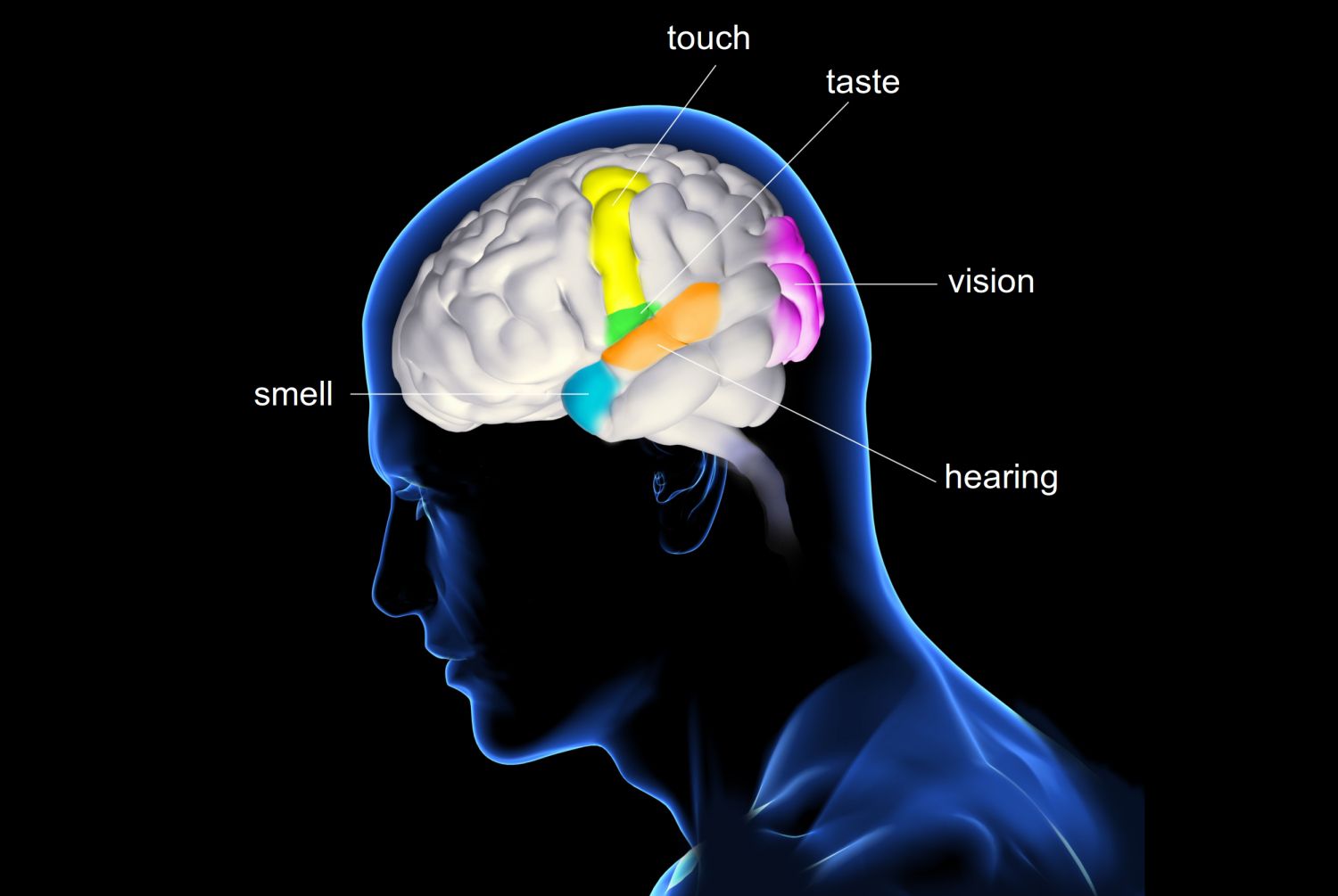What Are The Differences Between Mindfulness And Meditation?
Mindfulness, according to Joseph Goldstein, is "the character and power of mind that is deeply aware of what is happening - without remark or interference." Another prominent definition, according to Jon Kabat-Zinn, is "paying attention in a certain way, on purpose, in the present moment, and nonjudgmentally." To put it another way, mindfulness is a mental capacity. It's a manner of paying attention, noticing, not judging, and not worrying about whatever is going on.
Meditation, on the other hand, is a practice. It's a habit of yours. Meditation is like jogging or going to the gym if awareness is like strength or flexibility. Meditation frequently entails sitting still, observing the sensations of breath, and returning to it as you become distracted. Other times, it entails paying attention when eating, strolling, or sleeping. It can also imply not focusing on anything in particular, but rather cultivating "open awareness," which acts as a mirror to everything you encounter. However, you can think of meditation as a focused awareness or focused attention activity in general.
Main Differences Between Mindfulness and Meditation

Mindfulness is a quality; meditation is a practice
While there are numerous definitions for each notion, the differences between these two are obvious. Meditation is a practice that can help you develop a variety of attributes, including mindfulness.
Mindfulness refers to a way of life that can be developed through practice. "Mindfulness meditation" is a category of contemplative practices that teaches the practitioner to live and act with mindfulness. However, as we will see, there are many other types of meditation, and mindfulness meditation is just one of them.
It is possible to apply mindfulness in a treatment that does not entail meditation.
Mindfulness is a quality linked to a variety of mental health advantages as well as other good traits like self-esteem and acceptance.
Many practitioners consider mindful living as a good goal for their clients for these reasons. However, not all clients are open to meditation or willing to incorporate it into their daily routines.
Without ever requiring their clients to engage in formal mindfulness practice, DBT counselors assist them toward it. This is an important consideration for practitioners who wish to help their clients acquire mindfulness but are constrained by time or client apprehension.
Meditation is one of many paths to live mindfully.
One approach for learning to live mindfully is through meditation. Meditation can also be thought of as a tool for cultivating mindfulness.
Meditation has been shown to be quite beneficial in assisting people in becoming more attentive in their daily lives. Those who practice mindfulness meditation in a systematic and disciplined manner, such as those in the MBSR program, are better able to act thoughtfully in their daily lives. Meditation is a practice that allows us to sow the seeds of mindfulness and nurture them throughout our lives.
Mindfulness is only one aspect of meditation
Although mindfulness is a crucial aspect of meditation, it is not the only thing that distinguishes it. Concentration is another important aspect of meditation. When the mind is devoid of external stimulation, such as during formal meditation, it is prone to wandering to a thousand different places. It's difficult to stay focused on the meditation practice at hand when the mind wanders.
Training one's attention to focus more intently provides for more successful and fulfilling meditation, as well as possibly more mindfulness in one's daily life.
Meditation on a regular basis leads to a more mindful way of life.
Meditating for as little as ten minutes twice a day will benefit our outer mindful life. It is the ideal way to release accumulated stress, resulting in numerous health benefits such as better sleep, more compassionate and peaceful relationships, improved brain function, and increased physical vitality. Even our immune system benefits from the daily moments of deep restful wakefulness that meditation provides.
It won't be long until we can prolong the 10 minutes and bring that happiness into our lives on a regular basis. Whatever vocabulary we use, practicing mindfulness and meditation go hand in hand in living a joyful existence.



